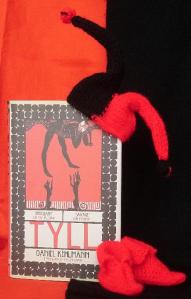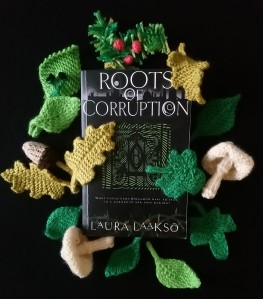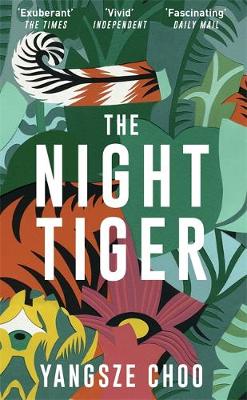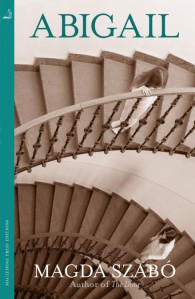
In 1173, Eleanor Of Aquitaine instructs three of her sons to overthrow the King of England, Henry Plantagenet. Their father, her husband. When the unstoppable force meets the immovable object in an epic struggle for supremacy nobody will walk away unscathed.
Seen through the eyes of Richard The Lionheart, Clara Dupont-Monod’s The Revolt (translated by Ruth Diver) examines the life of Eleanor Of Aquitaine. Shrewd, wealthy and beautiful, Eleanor was admired, pursued, divorced from French and married to English royalty. In a world where loyalty is everything, where does it all go wrong? On whose side will her children stand?
The writing is a little more tell than the show you might be used to but that’s no criticism (and if ever there’s a story to convince you that rules are for other people it’s got to be Eleanor’s). This is after all a story being told, the style lends itself accordingly and informs that sense of hearing it all from someone in the know, from someone who was actually there.
It seems odd to talk about characterisation when you’re dealing with real people. If anything I would imagine it’s a bigger hill to climb than fiction. There will be people out there with very definite ideas on what Eleanor was really like! For someone with no definite idea I’m happy to say Clara Dupont-Monod’s The Revolt delivers. Although we’re seeing the world (mostly) through Richard’s eyes we get a deep and rounded sense not just of Eleanor and Richard but of all the main personalities in play.
For me the really interesting choice is that of perspective. Since the book is effectively Eleanor’s story, why tell it from her son’s standpoint? There are at least x good reasons for doing so. First and most obvious is that more people will recognise the name Richard The Lionheart than Eleanor Of Aquitaine. For those of us not steeped in history’s minutiae (yes, I count myself among that number) this gives us a frame of reference – albeit for some that might be a little skewed by Robin Hood. When you consider just how much influence Eleanor held it also underlines how patriarchal our view of history is (Eleanor who? Oh, Richard The Lionheart’s mum). How much attention has history really paid to so visible a woman? But there’s also a statement that threads oh so subtly through this premise too: how well do we really know the person behind the cult of personality? Seen through Richard’s eyes we get beyond the clamour for wealth and beauty, the dominions, the royal marriages. Through Richard we can glimpse the strategist, the politician, the adventurer, the warrior, the mother, the woman. In a time when the received wisdom is that women were effectively chattels, and a means to secure a son’s future here is a woman who understood power and influence. She denied all bonds and restrictions, was keenly aware of what was expected of her, and ruthlessly efficient at turning that expectation to her own ends. And when it comes down to it it’s not that she was prepared to defy a King that is so extraordinary, not that she was so coveted, loved, mistreated or marginalised. The thing that really sings in all this is that she was a woman in an archetypal man’s world, and she was better at it than all of them.
The Revolt was published by Quercus on the 6th August 2020 ISBN:9781529402889
You can find Ruth Diver, who translated The Revolt, on Twitter @ruthldiver
My thanks to Corinna Zifko at Quercus for allowing me to review this book.









